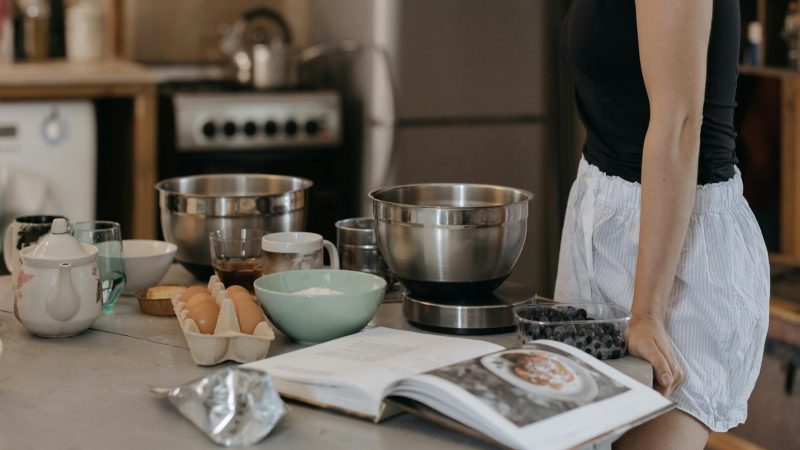“Why the Right Water Matters for Your Perfect Brew”

Have you ever brewed a cup of tea that just didn’t hit the spot? Maybe it was flat, or perhaps it tasted a bit off. It’s a mystery that leaves many of us scratching our heads, isn’t it? But here’s the thing: the secret often lies in the water you use. Yes, the very essence of your brew can make or break the experience.
Imagine this: you’ve just settled down with your favorite book, the aroma of freshly steeped tea wafting through the air. You take that first sip, and it’s not just a drink; it’s an experience. But if the water is off—too hard, too chlorinated, or even too hot—what should be a moment of zen can quickly turn into a disappointment. Water quality matters more than we often give it credit for, especially in cultures where tea is a cherished ritual.
First off, let’s talk about hardness. Hard water contains high levels of minerals like calcium and magnesium. While these minerals might be good for your health, they can create a film on the surface of your tea, dulling its flavor and aroma. If you’ve ever wondered why your tea just doesn’t taste as vibrant as it should, hard water might be your culprit. On the flip side, using filtered or spring water can elevate your brew to new heights. It’s like giving your tea a VIP pass!
Now, what about temperature? This is where things can get a bit tricky. Different tea varieties have specific brewing temperatures that unlock their true potential. Green teas prefer cooler water (around 175°F), while black teas thrive on hotter temps (about 200°F). Using water that\’s too hot can scald delicate leaves, resulting in a bitter brew. It’s a delicate dance! So, if you’re brewing a lighter tea, give it the respect it deserves. Trust me, your taste buds will thank you.
- Use filtered or bottled water for the best flavor.
- Pay attention to the temperature based on the tea type.
- Experiment with different waters; sometimes, local spring water can surprise you!
- Don’t overlook the kettle; a good kettle can maintain temperature better!
And let’s not forget about the chlorine factor. Municipal water supplies often contain chlorine to keep us safe from bacteria, but that same chemical can impart a funky taste to your tea. If you can smell it in your water, you can taste it in your brew. A simple solution? Let your water sit out for a bit, or use a filter that removes chlorine. You’ll be amazed at how much this simple tweak can transform your cup.
So, next time you prepare for a tea ceremony or just a cozy afternoon with a cuppa, take a moment to consider your water. It’s not just the leaves that deserve your attention; the foundation of your tea experience is just as crucial. Think about it: a little effort in choosing the right water can lead to a much richer, more satisfying experience. And who doesn’t want that?
In the grand tapestry of tea rituals, every detail counts—right down to the water. As the Japanese say, \”The heart of the tea ceremony is the water.\” So let’s raise our cups to the unsung hero of this delightful tradition!